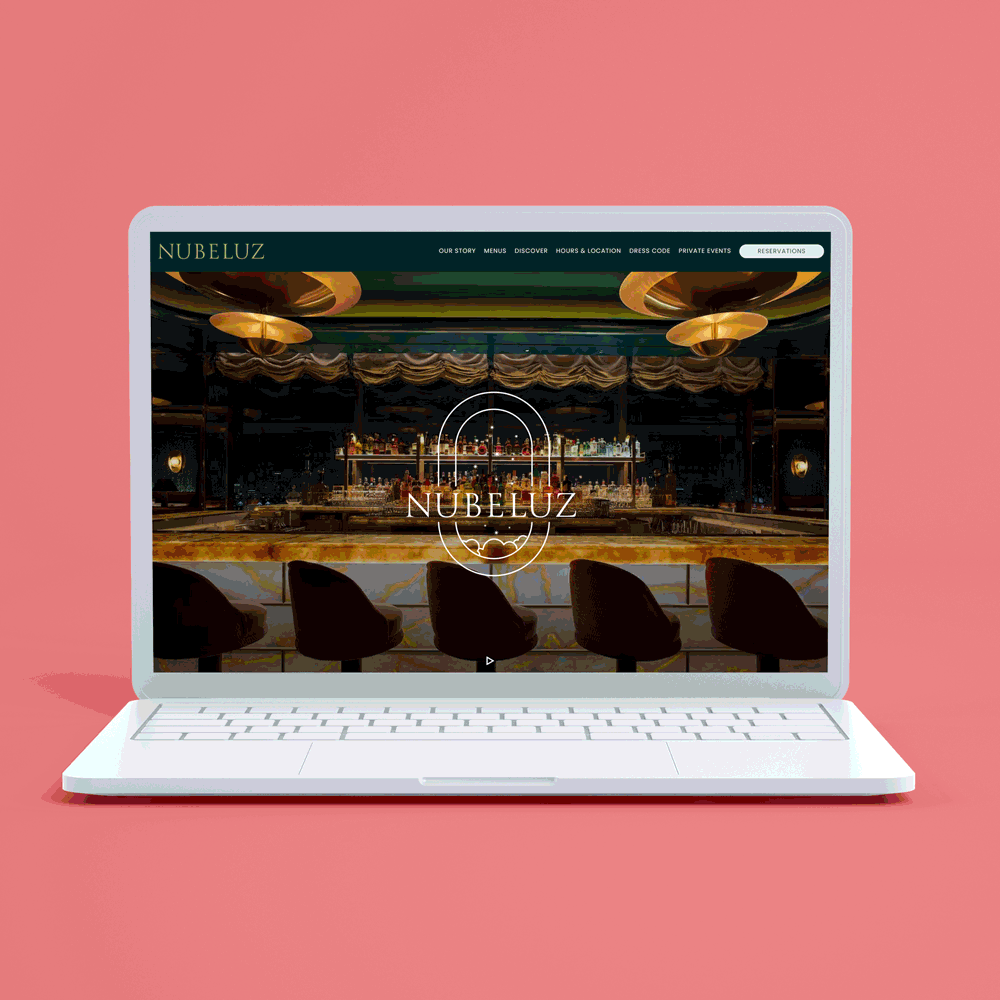In recent years, AI has been making waves in the job market, with many predicting that it will soon replace jobs across all industries. The fear of job loss due to AI is not new, but the speed at which technology is advancing has led to an increased sense of urgency among workers.
While AI is indeed capable of automating many routine tasks, it is unlikely to completely replace human workers. Instead, AI is most likely to augment and enhance human work, particularly in the field of marketing. A marketing professional who understands and leverages the capabilities of AI will have a distinct advantage in the industry, as AI has the potential to revolutionize the way marketing is done.
The marketing industry has been quick to adopt AI technologies, recognizing the potential for increased efficiency and effectiveness in their campaigns. From chatbots that provide 24/7 customer service to personalized image creation, AI is being used to revolutionize the way marketing is done.
OpenAI
One such AI-powered marketing tool is OpenAI Chat. OpenAI Chat is a conversational AI that uses natural language processing (NLP) and machine learning algorithms to provide 24/7 customer service and support. With OpenAI Chat, businesses can automate repetitive customer service tasks, such as answering frequently asked questions, freeing up customer service representatives to handle more complex and higher-value tasks.
Dall-E
Another exciting AI-powered marketing tool is Dall-E, an AI system that creates personalized images based on written descriptions. This tool has the potential to revolutionize the way businesses create and use images for advertisements. With Dall-E, businesses can quickly create unique and personalized images that resonate with their target audience, making their advertisements more effective.
In addition to OpenAI Chat and Dall-E, there are many other AI-powered marketing tools available, including:
- Personalized product recommendations
- Predictive analytics for optimizing marketing campaigns
- Automated email marketing and customer segmentation
- Social media monitoring and sentiment analysis
These tools have the potential to streamline marketing processes, provide deeper insights into customer behavior, and improve the overall efficiency and effectiveness of marketing campaigns. By leveraging AI, marketing professionals can work more effectively, reach more customers, and ultimately drive better business outcomes.
The Benefits of AI Marketing
Data-Driven Decision Making
One of the key benefits of AI in marketing is the ability to make data-driven decisions. AI-powered tools can analyze vast amounts of data, providing marketing professionals with insights into consumer behavior and preferences that would otherwise be difficult to uncover. With these insights, marketing professionals can optimize their campaigns and make more informed decisions about targeting and messaging.
Automation of Routine Tasks
AI also has the potential to automate routine tasks, freeing up marketing professionals to focus on higher-value work. For example, AI-powered chatbots can handle repetitive customer service tasks, allowing marketing professionals to focus on creating compelling content and strategic campaigns. By automating routine tasks, AI can help marketing professionals be more productive and efficient.
Personalization of Messaging
Another benefit of AI in marketing is the ability to personalize messaging to individual customers. AI-powered tools can analyze customer data and personalize messaging based on individual preferences and behaviors, making advertisements more effective and relevant. By personalizing messaging, businesses can build stronger relationships with their customers, improving customer loyalty and satisfaction.
Increased Efficiency and Effectiveness In Marketing Campaigns
Finally, AI has the potential to increase the efficiency and effectiveness of marketing campaigns. AI-powered tools can analyze data in real-time, providing marketing professionals with immediate insights into campaign performance and enabling them to make adjustments as needed. With these real-time insights, marketing professionals can optimize their campaigns in near real-time, improving overall performance and driving better business outcomes.
AI has the potential to revolutionize the way marketing is done, providing marketing professionals with new and powerful tools for making data-driven decisions, automating routine tasks, personalizing messaging, and increasing the efficiency and effectiveness of marketing campaigns.
Limitations of AI in Marketing
Lack of Creativity
While AI has many benefits in marketing, it is not without its limitations. One of the main limitations of AI in marketing is a lack of creativity. AI is still limited in its ability to generate truly original and creative ideas, which is an important aspect of effective marketing. Marketing professionals who embrace AI as a tool for enhancing their work will need to complement AI’s strengths with their own creative skills and expertise.
Dependence on Data Quality
Another limitation of AI in marketing is its dependence on data quality. AI-powered tools rely on data to make decisions and provide insights. If the data used is incorrect or of poor quality, AI will produce inaccurate results, leading to ineffective marketing campaigns. Marketing professionals who use AI will need to ensure that the data they use is of high quality, otherwise the benefits of AI will be limited.
Ethical Considerations
Finally, there are also ethical considerations to be taken into account when using AI in marketing. AI has the potential to collect and process vast amounts of personal data, which raises important questions about privacy and data protection. Marketing professionals who use AI will need to be mindful of these ethical considerations and ensure that they are using AI in a responsible and ethical manner.
While AI has many benefits in marketing, it is not without its limitations. Marketing professionals who embrace AI as a tool for enhancing their work will need to be aware of these limitations, and work to address them by combining AI’s strengths with their own creative skills and expertise. Additionally, they will need to be mindful of the ethical considerations surrounding AI and ensure that they are using AI in a responsible and ethical manner.




